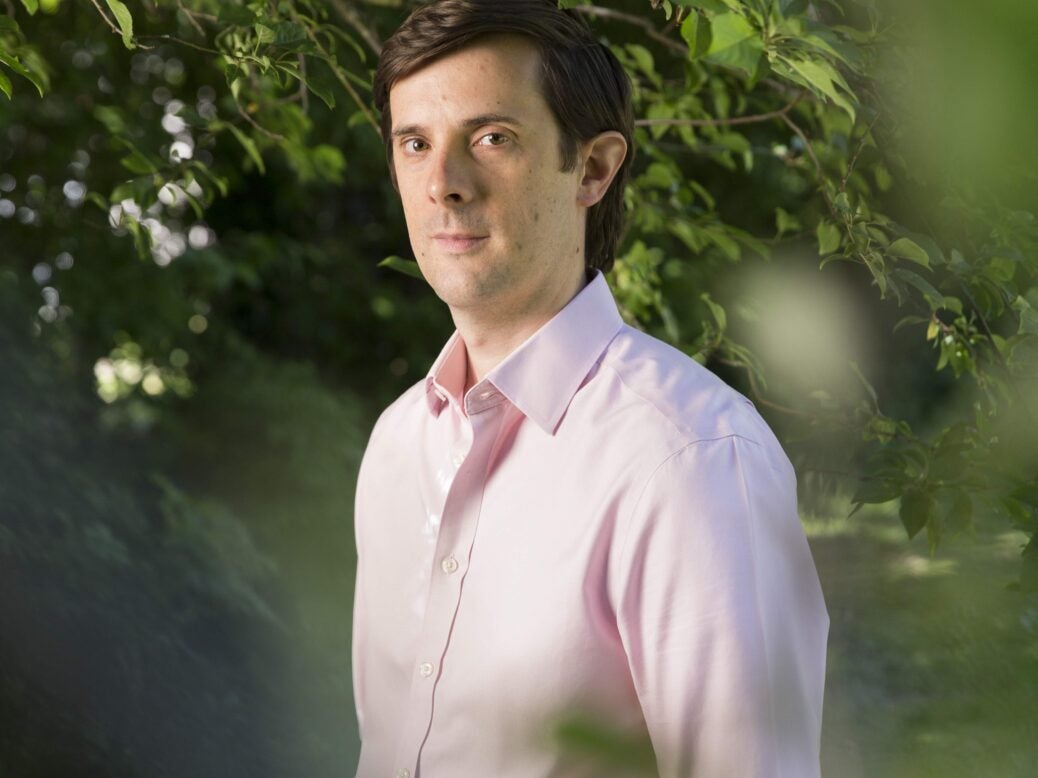
The Charities Aid Foundation can help people make their philanthropy as effective as possible
Mark Greer, Head of private clients, Charities Aid Foundation
The Charities Aid Foundation works with HNWs and UHNWs from all sorts of different backgrounds. Some are entrepreneurs, some are from wealthy families, others work in well paid sectors like financial services.
One example is Martin Lewis, the founder and chairman of Money Saving Expert – he’s very vocal about the fact that he uses the CAF Trust to manage his giving. He has given away a lot of emergency donations to help charities through the coronavirus crisis. He got a few friends to give with him – they have collaboratively given £3.4 million to 415 charities.
I run the CAF Trust and the CAF American Donor Fund. These offer wealthy individuals an alternative to setting up their own foundation. Instead they set up an account with us and we do all the admin, governance work, compliance work, reporting, the Charity Commission, Companies House… We take away the hassle.
Clients often have an array of things they want to achieve. A lot of them support causes close to their hearts, perhaps in their communities or health-related causes that have affected them personally or their families. Sometimes people give to the arts, wanting to support cultural institutions they enjoy.
Others have a very clear focus on a particular objective. That might be to reduce homelessness in a particular area, or to provide training opportunities to young people from a particular social group. We can help people to design a programme of donations that would address those objectives. Covid-19 has been a huge shock to the charitable sector.
So much fundraising is based around in-person activities, things like park runs or gala dinners. Obviously all that has gone, which has a huge impact on cash flow.
When we polled leaders of charities within the first few weeks of the outbreak, 25 per cent told us they had seen an increase in demand, but 46 per cent told us they couldn’t survive for 12 months without additional funding. Fortunately, we’ve also seen people really ramp up their giving. For March, donations were 230 per cent higher than they were in March 2019.
At the start of the outbreak, CAF set up a £5 million fund, and we raised an additional £1 million through clients. We opened that up for charities to apply for grants of up to £10,000. It was open for two weeks and we got 5,000 applications with a total request of £39 million, which was obviously massively oversubscribed.
People can contribute to the fund through our website. This is a great way to give for those who don’t want to be involved in the decision-making about which charities benefit. My advice to people who want to help right now is, if you already support charities, then keep doing that.
We’ve seen some clients who give money once a year, often at Christmas, bring forward their donations to keep those charities’ cash flowing. So keep backing the charities you care most about, but also take this opportunity to really think about what impact you would like to see. How would you like the world to be changed for the good because of the wealth you have created? You can talk to people at CAF about what a strategy for executing that would look like.
I really admire JK Rowling’s philanthropy. She came from humble beginnings and became wealthy through her own success. She decided to use her giving to address quite a hidden, or even an unpopular cause: child trafficking in eastern European countries. She really researched this issue and got to grips with what actually helps and then set up a charity called Lumos, giving it several years’ worth of funding upfront.
‘Good giving’ always has a clear understanding of what it’s designed to achieve. Good philanthropy is about being willing to fund the ‘unpopular’ things. A lot of people are reluctant to fund what they would deem to be overheads or salary costs, but of course charities need those things to operate.
Properly backing charities, attaching as few strings as possible, and giving them the flexibility to do their work all adds up to a recipe for good philanthropy.
As told to Anna Solomon
For more information about the Charities Aid Foundation, click here
Photo: David Harrison
This piece first appeared in issue 74 of Spear’s magazine. Click here to buy and subscribe
Read more
Dame Steve Shirley CH on Zoom, philanthropy and her upcoming biopic
Without philanthropists, the Old Vic ‘would be a car park or a block of flats’
How philanthropists can ‘amplify impact’ during the coronavirus pandemic






